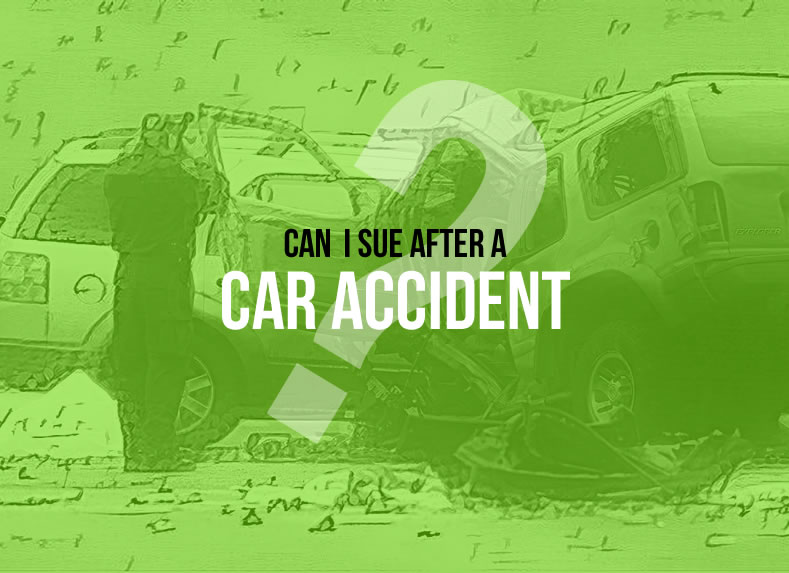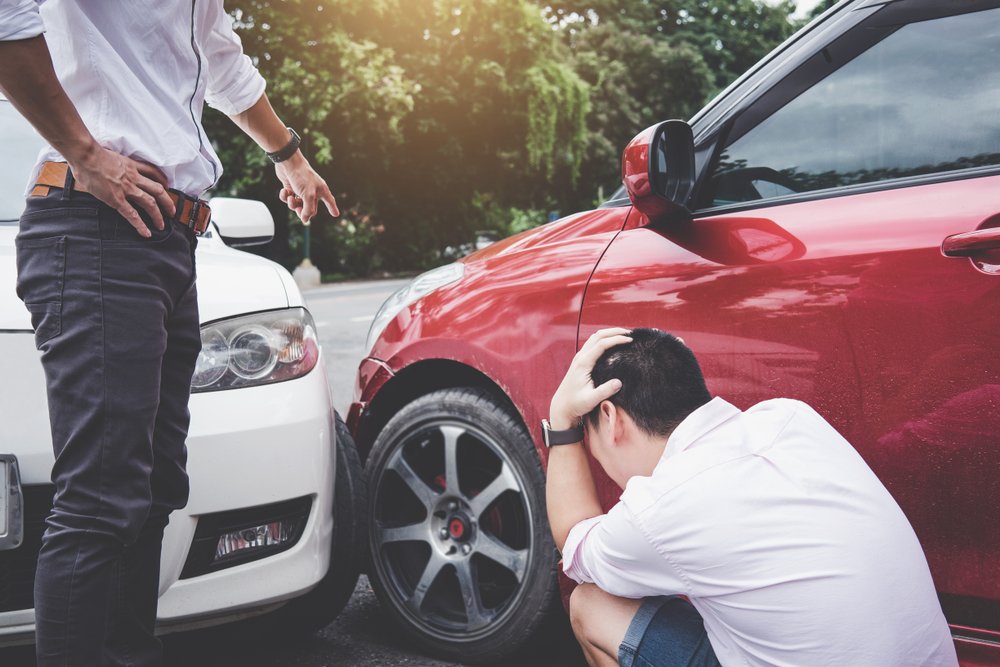Discover various information about Can You Sue A Minor For A Car Accident here, hopefully fulfilling your information needs.

Can You Sue a Minor for a Car Accident?
Imagine yourself behind the wheel, cruising down the highway, when suddenly, a reckless driver swerves into your lane, causing a catastrophic collision. As the dust settles, you realize with horror that the other driver is a teenager. You’re left with injuries, property damage, and a lingering sense of injustice. Can you hold a minor accountable for this irresponsible act? The answer, surprisingly, is not always straightforward.
In the United States, minors are generally not held to the same legal standards as adults. This stems from the belief that minors are less mature, less experienced, and therefore less capable of making responsible decisions. Thus, when it comes to car accidents, minors are often subject to different rules and procedures.
Parental Liability
Vicarious Liability
In certain states, parents may be held legally responsible for the negligent actions of their minor children. This concept, known as vicarious liability, shifts the burden of accountability from the minor to their parents. For example, if a minor driver causes an accident while operating a vehicle owned by their parents, the parents may be sued for damages.
Negligent Entrustment
Another avenue for holding parents liable is through negligent entrustment. This occurs when parents knowingly allow their minor child to drive a vehicle despite knowing or having reason to know that the child is not capable of operating it safely. If the child then causes an accident, the parents can be held responsible for their negligence.
Direct Liability of Minors
In some cases, minors can be held directly liable for their actions, even if their parents are not. This typically occurs when the minor is considered an “emancipated minor” or when they are found to have acted with gross negligence or willful misconduct.
Emancipated minors are minors who have been granted independence from their parents by a court or through other legal means. As such, they are treated as adults and can be held fully responsible for their own actions.
Gross negligence refers to conduct that is so reckless or careless that it amounts to a disregard for the safety of others. Willful misconduct, on the other hand, involves intentional or deliberate wrongdoing.
Insurance Coverage
When a minor is involved in a car accident, their parents’ insurance policy will typically cover the damages. However, there may be limits to the amount of coverage available. If the damages exceed the policy limits, the injured party may seek to hold the minor directly liable.
It’s important to note that insurance companies may investigate the circumstances of the accident and determine whether the minor was negligent or engaged in willful misconduct. If they find that the minor is at fault, they may deny coverage or reduce the amount of benefits payable.
Latest Trends and Expert Advice
In recent years, there has been a trend toward increasing accountability for minors involved in car accidents. This is due in part to the rising number of teenage drivers and the growing awareness of the risks associated with reckless driving.
Experts advise parents to take proactive steps to prevent their minor children from engaging in dangerous driving behaviors. These include:
- Setting clear rules and expectations about driving
- Monitoring your child’s driving habits
- Limiting your child’s access to social media and other distractions while driving
- Encouraging your child to take driver safety courses
Tips and Expert Advice
If you are injured in a car accident caused by a minor, it’s crucial to contact an experienced personal injury attorney as soon as possible.
They can help you:
General FAQ
Q: Can I sue a minor directly for damages in a car accident?
A: Yes, in some cases. Minors can be held directly liable if they are considered an emancipated minor or if they acted with gross negligence or willful misconduct.
Q: What is vicarious liability?
A: Vicarious liability means that one person (such as a parent) is legally responsible for the actions of another person (such as a minor child).
Q: What is negligent entrustment?
A: Negligent entrustment occurs when a person (such as a parent) allows another person (such as a minor child) to operate a vehicle despite knowing or having reason to know that the child is not capable of operating it safely.
Q: What should I do if I’m injured in a car accident caused by a minor?
A: Contact an experienced personal injury attorney who can help you determine your legal options and pursue a claim.
Conclusion
Determining liability for car accidents involving minors can be complex. While minors may have limited legal accountability, parents may be held responsible under certain circumstances. If you’re injured in an accident caused by a minor, it’s crucial to seek legal advice.
Remember, reckless driving is never acceptable, regardless of age. Let’s all strive to prevent future tragedies by promoting safe driving habits and holding those accountable for their actions.
Are You Left with More Questions about Suing Minors for Car Accidents?
Connect with me for a personalized consultation to clarify any further inquiries you may have.

Image: bencrump.com
We express our gratitude for your visit to our site and for reading Can You Sue A Minor For A Car Accident. We hope this article is beneficial for you.